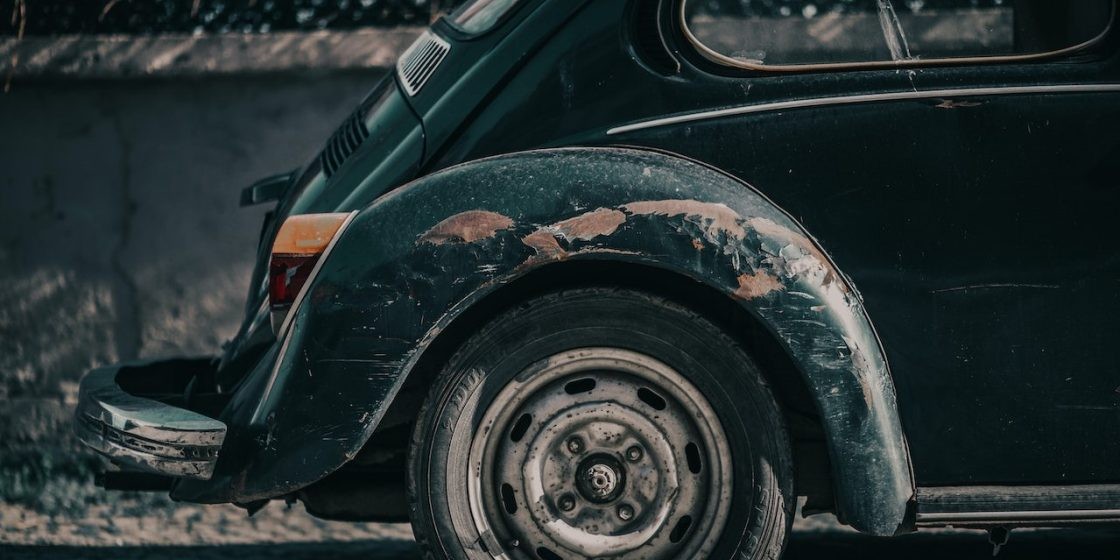Car scrapes are an unfortunate reality for vehicle owners. Whether it’s a minor brush against a bush or a more noticeable key mark, these blemishes can detract from your car’s appearance and potentially lower its value. Understanding the cost to repair a scrape on your car is crucial for making informed decisions about maintenance and upkeep. This guide will break down the different types of car scrapes, their repair costs, and factors influencing those costs, helping you navigate the world of auto body repair with confidence.
The expense of fixing a car scrape isn’t a one-size-fits-all answer. It largely depends on the severity of the damage. Is it a superficial scuff that you can buff out yourself, or a deep gouge that requires professional attention and repainting? Let’s delve into the various types of paint scratches and their associated repair costs to give you a clearer picture.
 car scratches | Breast Cancer Car Donations
car scratches | Breast Cancer Car Donations
Understanding the Types of Car Scratches and Their Repair Costs
Your car’s paint job isn’t just a single layer; it’s typically composed of three layers:
- Clear Coat: The outermost layer, providing shine and protection.
- Paint (Base Coat): The layer that gives your car its color.
- Primer: The undercoat that helps the paint adhere to the metal or plastic body panels.
The depth of the scratch will determine which layers are affected, and consequently, the complexity and cost of the repair. Here’s a breakdown of the four main types of car scratches and their estimated repair costs:
1. Scuffs: The Minor Surface Marks
Scuffs are the most superficial type of car scratch, often appearing as light abrasions on the clear coat. They are usually caused by minor brushes, like clothing rubbing against the car or light contact with foliage. The good news is that scuffs are often easily remedied.
- Repair: Scuffs are typically on the clear coat only and can often be buffed out using a polishing compound. Many DIY car enthusiasts can handle scuff removal at home with readily available products.
- Cost: DIY scuff removal can cost as little as $20-$50 for polishing compounds and applicators. Professional detailing shops might charge a similar amount or slightly more for scuff removal as part of a larger detailing service.
2. Clear Coat Scratches: A Step Deeper
Clear coat scratches penetrate deeper than scuffs, going through the clear coat layer but not reaching the paint layer itself. These scratches are more noticeable than scuffs and require a bit more effort to repair.
- Repair: Fixing clear coat scratches often involves a combination of sanding and polishing. While you can attempt DIY repair for these scratches, it requires more care and specific products to avoid damaging the surrounding clear coat. Professional auto body shops are well-equipped to handle these repairs.
- Cost: Professional repair for clear coat scratches typically ranges from $150 to $300. This cost can fluctuate based on the size and location of the scratch, as well as the labor rates of the auto body shop.
3. Paint Scratches: Reaching the Color Layer
Paint scratches are more serious as they penetrate the clear coat and reach the paint layer. These scratches are usually quite visible and expose the under layers, potentially making the area vulnerable to rust if the bare metal is exposed.
- Repair: Repairing paint scratches necessitates more extensive work. Since the paint layer is damaged, the affected panel often needs to be repainted to restore the color and protection. This involves careful color matching, sanding, priming, painting, and clear coating. Professional expertise is generally required for paint scratches.
- Cost: Expect to pay between $400 and $1,000 for professional paint scratch repair. The cost can vary depending on the size of the scratched area, the complexity of the paint color (e.g., metallic or tri-coat paints are more expensive to match), and the body shop’s pricing.
4. Deep Scratches: Exposing the Metal or Plastic
Deep scratches are the most severe type, going through all paint layers – clear coat, paint, and primer – and reaching the bare metal or plastic underneath. These scratches are easily identifiable as they often show the raw material beneath the paint. Deep scratches require immediate attention to prevent rust formation on metal panels.
- Repair: Deep scratch repair is a complex process. It involves not only repainting but also potentially addressing any rust formation, filling the scratch, and ensuring proper adhesion of the new paint layers. Professional auto body shops are essential for these repairs.
- Cost: Repairing deep scratches can cost between $800 and $1,500 or even more, depending on the extent of the damage, the need for rust repair, and the type of vehicle. Larger vehicles or those with more intricate bodywork might incur higher costs.
Factors Influencing Car Scrape Repair Costs
Beyond the type of scratch, several other factors can influence the final cost to repair a scrape on your car:
- Size and Location of the Scratch: Larger scratches and those in hard-to-reach areas or across multiple panels will naturally cost more to repair due to increased labor and materials.
- Type of Car and Paint: Luxury vehicles or those with specialized paint finishes (like metallic, pearlescent, or tri-coat paints) often have higher repair costs. Matching these complex paints requires more skill and specialized materials, driving up the price.
- Auto Body Shop Rates: Labor rates vary significantly between auto body shops and geographic locations. Shops in metropolitan areas or those with higher reputations may charge more.
- DIY vs. Professional Repair: Attempting DIY repairs can save money initially, especially for minor scuffs and clear coat scratches. However, for paint and deep scratches, professional repair is almost always recommended to ensure a proper and lasting fix. Incorrect DIY attempts can sometimes worsen the damage and increase the eventual professional repair cost.
- Extent of Damage Beyond the Scratch: In some cases, a scrape might be accompanied by dents or other damage that needs to be addressed simultaneously, adding to the overall repair cost.
Deciding Between DIY and Professional Car Scrape Repair
Choosing between DIY and professional car scratch repair depends on your comfort level, the type of scratch, and your budget.
DIY Repair is Suitable For:
- Scuffs: These are ideal for DIY as they are superficial and easily buffed out.
- Very Light Clear Coat Scratches: If you are meticulous and have the right products, you might be able to handle minor clear coat scratches.
Professional Repair is Recommended For:
- Clear Coat Scratches (Deeper): While DIY is possible, professional repair ensures a flawless finish and avoids potential damage.
- Paint Scratches: Repainting panels requires specialized skills, equipment, and color-matching expertise best left to professionals.
- Deep Scratches: Due to the complexity and potential for rust, professional repair is crucial for deep scratches.
- If you are unsure: If you are hesitant about tackling the repair yourself or unsure about the scratch type, it’s always best to consult with a professional auto body shop.
Getting an Accurate Car Scrape Repair Quote
To get an accurate estimate for your car scrape repair, follow these steps:
- Identify the type of scratch: Determine whether it’s a scuff, clear coat scratch, paint scratch, or deep scratch based on the descriptions above.
- Take clear photos: Capture well-lit photos of the scratch from different angles. This will be helpful if you decide to get online quotes.
- Get quotes from multiple shops: Contact several reputable auto body shops in your area for estimates. Online quote tools can also provide a preliminary idea, but in-person estimates are generally more accurate.
- Describe the damage accurately: Provide detailed information about the scratch, including its size, location, and how it happened (if known).
- Ask about the repair process: Understand what the repair process will involve, including whether any panels will be repainted or blended.
- Compare quotes and reviews: Don’t just choose the cheapest quote. Consider the shop’s reputation, reviews, and the clarity of their estimate.
Conclusion: Investing in Car Scrape Repair
Car scrapes are a common annoyance, but understanding the costs associated with their repair empowers you to make informed decisions. From minor scuffs that you can fix at home to deep scratches requiring professional attention, knowing the types of scratches and typical repair costs helps you budget for car maintenance and keep your vehicle looking its best. Whether you opt for DIY or professional repair, addressing car scrapes promptly is an investment in maintaining your car’s appearance and value.

